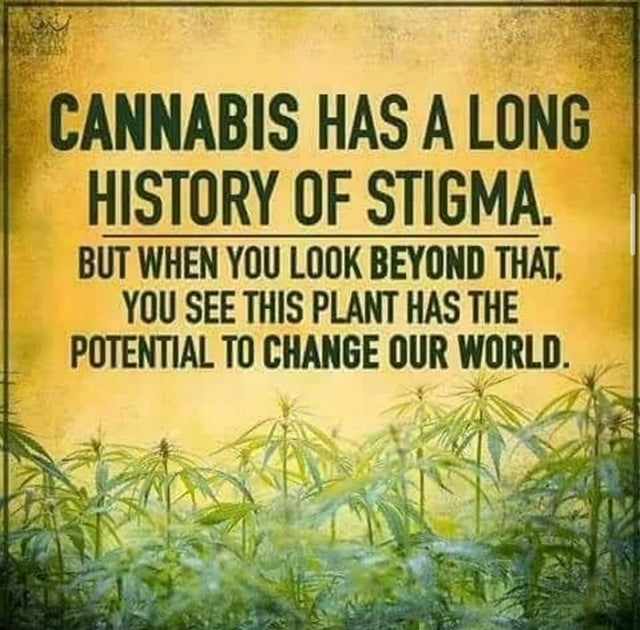
The True Cost of Marijuana Prohibition: Exploring Impacts on Society and Individuals
Share
Introduction: For decades, marijuana prohibition has been a cornerstone of drug policy in many countries, including the United States. However, as attitudes towards cannabis evolve and legalization efforts gain momentum, it's essential to examine the true cost of maintaining prohibition. In this blog post, we'll explore the societal and individual impacts of marijuana prohibition, from its effects on criminal justice and public health to its economic consequences.
Criminal Justice System: One of the most significant costs of marijuana prohibition is its burden on the criminal justice system. The enforcement of prohibition laws consumes valuable resources, including police time, court resources, and incarceration facilities. This enforcement disproportionately targets marginalized communities, leading to racial disparities in arrest and incarceration rates. Moreover, criminalizing marijuana possession can saddle individuals with criminal records that hinder their employment opportunities and perpetuate cycles of poverty and incarceration.
Public Health: Contrary to popular belief, marijuana prohibition may have adverse public health effects. By driving the cannabis market underground, prohibition makes it difficult to regulate the quality and potency of marijuana products. This lack of oversight can lead to the proliferation of contaminated or adulterated products, posing risks to consumer safety. Furthermore, prohibition impedes research into the potential therapeutic benefits of marijuana, hindering medical advancements and limiting treatment options for patients with conditions such as chronic pain, epilepsy, and PTSD.
Economic Impact: Marijuana prohibition also comes with a hefty price tag in terms of lost economic opportunities. The underground cannabis market generates significant revenue, but these profits remain untaxed and contribute little to public coffers. Conversely, legalization and regulation of marijuana could create a thriving legal market, generating tax revenue, stimulating economic growth, and creating job opportunities in cultivation, retail, and ancillary industries. Moreover, legalization could redirect resources spent on enforcement towards more pressing public health and social issues.
Social Justice: Prohibition exacerbates social inequalities and perpetuates systemic injustices. As mentioned earlier, marginalized communities, particularly people of color, bear the brunt of enforcement efforts, leading to disproportionate rates of arrest and incarceration. This not only fractures communities but also erodes trust in law enforcement and the criminal justice system. Furthermore, prohibition perpetuates stigma and misinformation surrounding marijuana use, hindering honest dialogue and education about responsible consumption and harm reduction.
Moving Forward: As the tide shifts towards marijuana legalization and decriminalization in many jurisdictions, it's crucial to consider alternative approaches to drug policy that prioritize public health, social justice, and economic prosperity. This includes implementing harm reduction strategies, investing in substance abuse treatment and education, and expunging criminal records for nonviolent marijuana offenses. By reevaluating our approach to marijuana, we can mitigate the harms of prohibition and pave the way towards a more equitable and evidence-based drug policy.
Conclusion: The true cost of marijuana prohibition extends far beyond its criminalization of cannabis possession. From its strain on the criminal justice system and adverse public health impacts to its economic consequences and perpetuation of social injustices, prohibition exacts a heavy toll on society and individuals alike. As we navigate the complexities of drug policy, it's imperative to consider the broader implications of prohibition and work towards alternative approaches that prioritize harm reduction, social equity, and evidence-based interventions. By doing so, we can address the root causes of drug-related harms and create healthier, more just communities for all.
